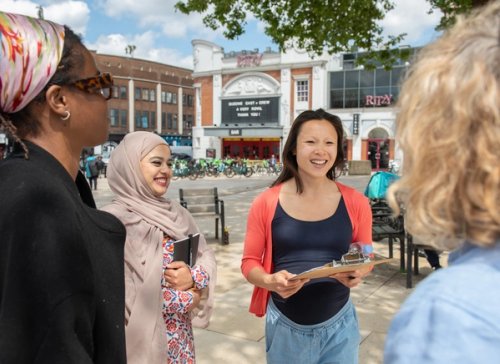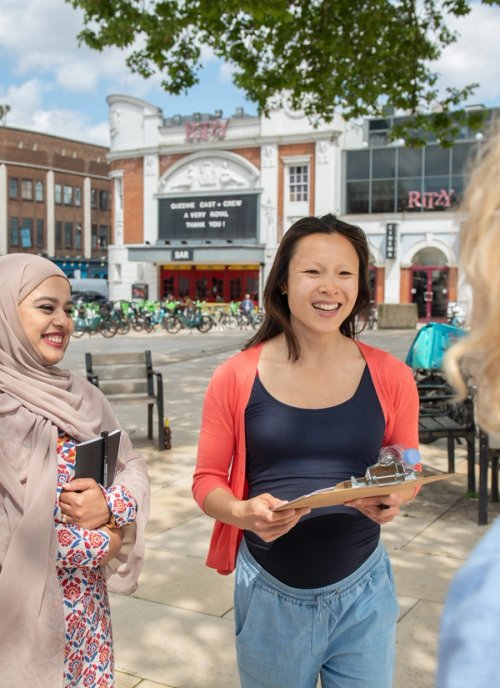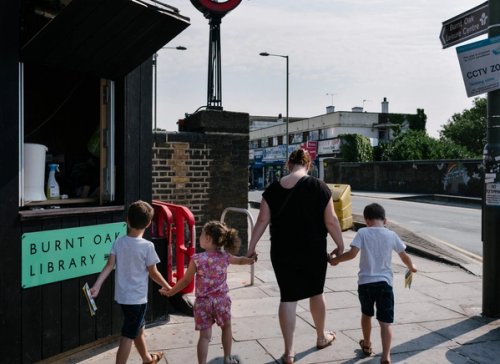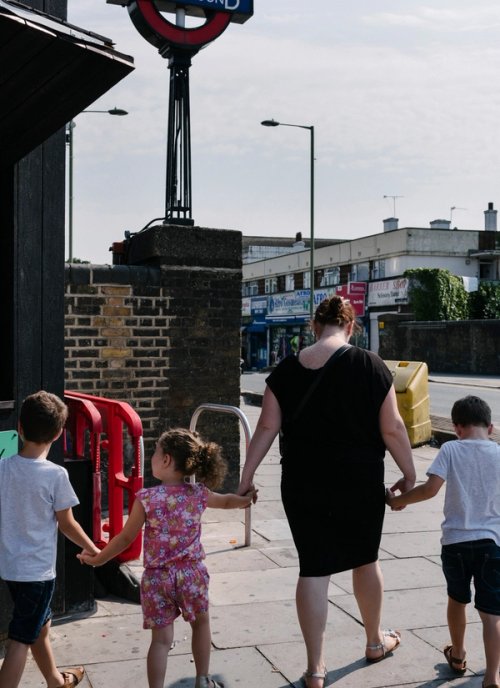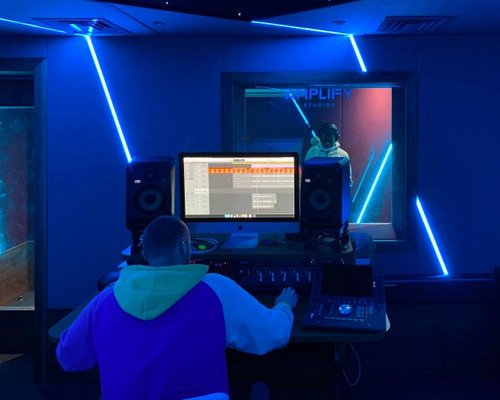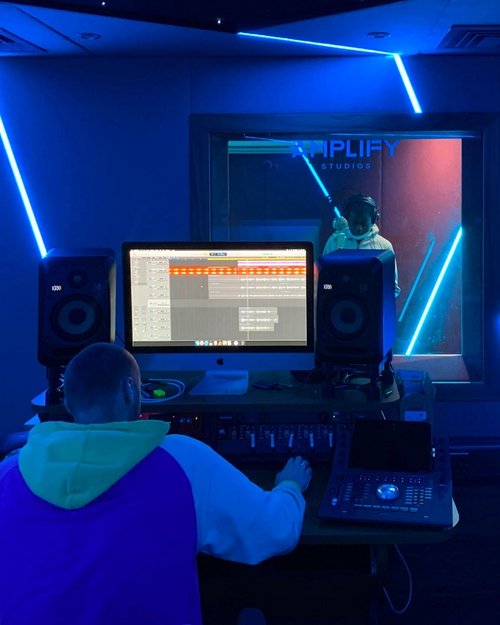Holly Lewis x The Urbanist podcast: Safer Streets for Women in London
06 September 2024
Holly Lewis, partner at We Made That, discusses the practice’s work on Women's Safety Audits, in conversation with Monocle’s editor-in-chief, Andrew Tuck, in The Urbanist podcast - dedicated exclusively to cities, architecture and urbanism.
In this episode, Holly discusses her insights on tackling safety for women, girls and gender diverse people in public spaces through Womens Safety Audits, a project commissioned by Transport for London (TfL) and the Mayor's Office for Policing and Crime (MOPAC). The audits, involving 60 community researchers across five pilot locations (Brixton, Waltham Forest, Uxbridge, Paddington Green, and a cycle route in Brent), use diverse methods such as interviews, group discussions, and multi-sensory mapping to understand safety issues for women and girls.
What does that look like in practice? Small groups are guided along specific routes, encouraged to be hyper-aware of every sight, sound, and smell that contributes to their sense of safety or lack thereof. It's an immersive approach that yields fine-grained insights into the subtle environmental factors that can make all the difference.
The end goal is twofold: comprehensive action plans tailored to priority areas in each location, and a toolkit for future audits aiming to integrate women’s safety considerations into urban planning, moving beyond superficial solutions, like lighting or CCTV. These audits aim to address systemic issues and improve safety for women, girls and gender diverse people in London and set an example for city planning beyond London.
In order to move past simplistic solutions the audits aim to provide more thoughtful, context-specific responses. This will provide a diagnostic of safety issues, helping to prioritize areas for improvement and inform design decisions in the future. The process is also expected to have relevance beyond the immediate commissioning bodies, potentially influencing private developments and local boroughs. Holly highlights the importance of recognising that the physical environment cannot solve all safety issues, as many stem from societal attitudes and behaviors. By centering those most impacted by design in decision-making processes, we can create cities that enable freedom of movement, opportunity, and a sense of belonging for everyone.
Listen to the full conversation on The Urbanist’s episode here.
Publication Background
The Urbanist is Monocle's weekly podcast dedicated to cities, architecture and urbanism. With an influential audience of city mayors, urban planners and architects, The Urbanist is Monocle's guide to making better cities, be it new technology, state-of-the-art subway systems or compact apartments. Monocle itself is a magazine and a global radio station covering global affairs, business, culture, design. Monocle magazine was launched in 2007 to provide a briefing on global affairs, business, culture, design and much more.
Recent episodes have covered specific examples in different cities of urban green spaces, the impact of libraries in communities, war-era underground tunnel networks, re-design of urban public spaces, the history of prominent buildings and landmarks, and major city related events including the World Economic Forum and the United States Conference of Mayors.

